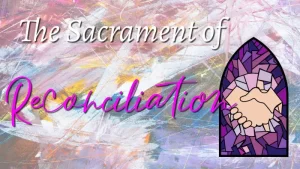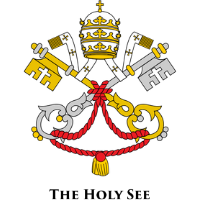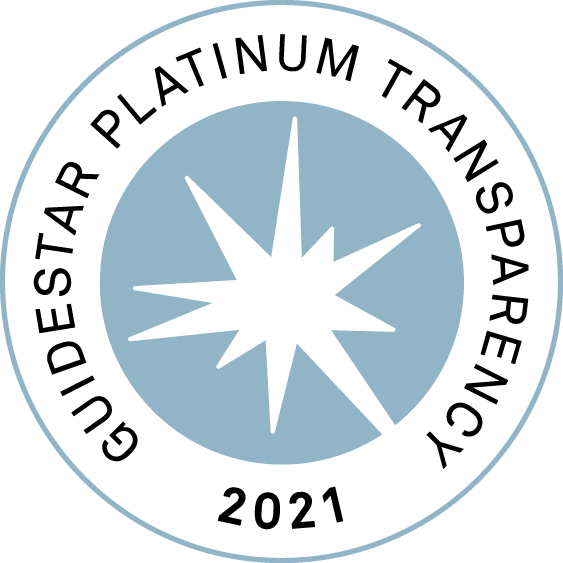
Sundays
- 9:45am before 10:30 Mass Lower Level, Interfaith Chapel
- 6:30pm before 7:00pm Mass Lower Level, Interfaith Chapel
Or email our priest to set up any other time convenient to your schedule: .
Additionally, Newman schedules guest priests to celebrate the Sacrament of Reconciliation. Please visit our calendar for more information.
Before Confession
How to Make a Good Confession
Confession is not difficult, but it does require preparation. We should begin with prayer, placing ourselves in the presence of God, our loving Father. We seek healing and forgiveness through repentance and a resolve to sin no more. Then we review our lives since our last confession, searching our thoughts, words and actions for that which did not conform to God’s command to love Him and one another through His laws and the laws of His Church. This is called an examination of conscience.
Examination of Conscience
- Begin with a prayer asking for God’s help.
- Review your life with the help of some questions (see below).
- Tell God how truly sorry you are for your sins.
- Make a firm resolution not to sin again.
Ask God to help you make a good confession. In quiet reflection, ask yourself: Since my last confession…
- Did I pray to God, daily and from my heart?
- Did I live and witness to my Catholic faith, joyfully & courageously? Did I take God’s name in vain? Did I curse anyone or make false oaths? Did I engage in superstitious or occult practices?
- Did I attend and participate actively at Mass on Sundays and holy days of obligation? Did I fast & abstain on prescribed days?
- Did I respect people in authority? My employer? Did I honor my parents?
- Was I violent or unnecessarily aggressive (e.g., physically, verbally, psychologically, etc.) with anyone?
- Was I prideful, stubborn, or rude with anyone? Did I hold a grudge?
- Did I abuse alcohol, prescription medications, or illegal drugs? Did I overindulge in food?
- Did I consent to, recommend, advise, or actively take part in an abortion? Did I use abortifacient drugs?
- Did I view pornography, entertain lustful thoughts, conversations, or actions?
- Was I unloving to my spouse? Did I engage in adulterous activity (e.g., sexual, emotional, virtual, etc.)? Did I use contraceptives?
- Was I neglectful of the spiritual, intellectual, emotional, or physical needs of my spouse, children, or family?
- Did I steal or damage another’s property? Was I honest and just in my business relations? Did I waste time at work?
- Did I contribute to the needs of the spiritually and materially poor with my time and resources?
- Did I engage in gossip? Did I lie? Did I speak poorly of others? Did I judge anyone unfairly?
- Did I envy anyone? Was I jealous of others, or covet another’s belongings?
Reconciliation
The Sacrament of Reconciliation (Confession) involves four steps:
Contrition: A sincere sorrow for having offended God, and the most important act of the person confessing. There can be no forgiveness of sin if we do not have sorrow and a firm resolve not to repeat our sin.
Confession: Naming our sings—aloud—to the priest, who represents Christ and the Church.
Penance: The prayers—or sometimes, the good deeds—the for our healing and the healing of those we have hurt by our sings.
Absolution: The words the priest speaks by which “God, the Father of mercies” reconciles us to himself through his death and resurrection, called the Prayer of Absolution: “God, the Father of mercies through the death and resurrection of His Son as reconciled the world to Himself and the sent of the Holy Spirit among us for the forgiveness of sins. Through the ministry of the Church may God give you pardon and peace, and I absolve you from your sins in the name of the Father, and of the Son, and of the Holy Spirit. Amen.”
Confession
Going to Confession
- The priest gives a blessing or greeting.
- Make the Sign of the Cross and say, “Bless me Father, for I have sinned. My last confession was…” (give weeks, months, or years).
- Confess all your sins to the priest. (If you are unsure or uneasy, tell him you have not been in a while, or you are not certain of what to do. He will guide you.)
- Say, “I am sorry for these and all my sins.”
- The priest gives a penance and offers advice to help you become a better Catholic Christian.
- Say an Act of Contrition, expressing your sorrow for your sins.
- The priest, acting in the person of Christ, then absolves you from your sins.
Act of Contrition
God, I am heartily sorry for having offended you, and I detest all my sins because I dread the loss of heaven and the pains of hell; but most of all because they offend you, my God, who are all good and deserving of all my love. I firmly resolve with the help of your grace to confess my sins, do penance, and to amend my life. Amen.
After Confession
Rejoice! You have received the forgiveness of Christ! What should you do when you leave? Remember the words you recited in the Act of Contrition: “I firmly intend, with your help, to do penance, to sin no more, and to avoid whatever leads me to sin.”
Before you leave the confessional, the priest will give you your penance, which may consist of prayer, an offering, works of mercy, or sacrifices. These works help to join us with Christ, who alone died for us. The goal of our life’s journey is to grow closer to God. We can do this through prayer, spiritual reading, fasting, and the reception of the Sacraments.







